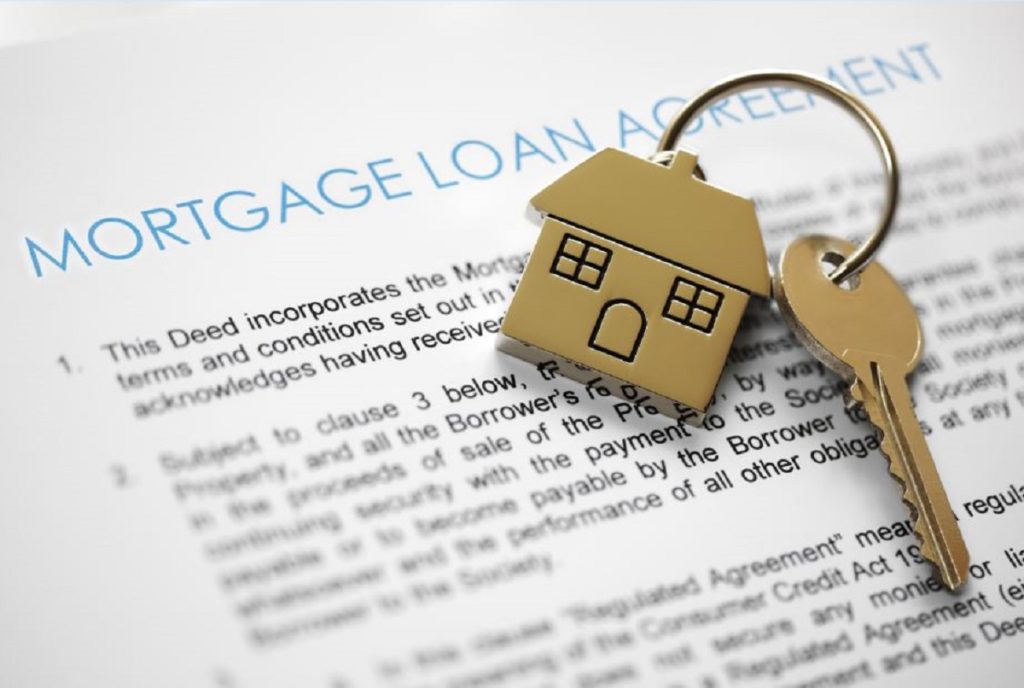The gig economy is growing, with as many as 57 million freelance workers in the US. It’s the flexibility that drives most people to pursue freelance employment.
However, the flexibility of hours comes with a price: a lack of financial stability. Some freelancers find it challenging not only to save money but also to qualify for home loans.
If you’re a gig worker without a predictable paycheck, here’s what you can do to qualify for a mortgage:
Organize your paperwork
For freelancers, it’s harder to prove to lenders to take a chance on them because of their variable income. Improve your chances of getting approved for a home loan by showing that you’ve been earning for years.
Bring out tax returns and 1099 forms for the past several years. Financial advisers recommend showing at least two years’ worth of these documents.
Boost your credit score
Like other regular workers, you need to prove that you can pay your bills despite your variable income. Aim for a “Very Good” credit score of 749 to 799 based on FICO’s standards. If your current score is lower, delay applying for a mortgage and improve your score by:
- Paying all bills on time
- Paying off your credit card debt and other existing revolving debt
- Checking your credit report for errors and having them corrected
Save for a down payment
Coming up with a down payment helps you avoid private mortgage insurance and sends a message to the lenders that you have cash reserves. Financial advisers recommend saving up for at least 20% of the property you want.
Set aside a part of your earnings per month on a down payment Make sure your savings cover other homeownership expenses like closing and moving costs.
Keep a low debt-to-income (DTI) ratio
Your debt-to-income (DTI) ratio measures how much of your income goes into paying outstanding debts. Having a ratio of at least 43% increases your chances of qualifying for a mortgage. Focus on paying off outstanding credit card or auto loan balances to bring your DTI to a desirable level.
Know how much you can afford
Look at your earnings history and determine the flow of your freelance income. Assume the worst when it comes to your earning potential, so get a mortgage that reflects your income level. Doing so gives you enough money to pay for your mortgage, even if your income is lower for one month.
Work on securing a pre-approval
A pre-approval improves your chances because it proves you’re eligible to buy a property at a specific interest rate. Prepare the forms you need, like bank statements, 1040 tax returns, 1099s, and W-2s.
Consider homeownership programs

If you don’t qualify for a mortgage loan, look into government-backed loans. These loans have different requirements and could be better options if you have a low credit score.
- FHA Loan: The Federal Housing Administration issues this loan. For the maximum financing, you need a credit score of 580 and a 3.5% down payment.
- VA Loan: You may apply for this loan if you are, or your spouse is, part of the military or a veteran.
- USDA Loan: Issued by the United States Department of Agriculture, this loan is eligible for people who want to live in a rural area. You must also have low-to-moderate income.
Getting a mortgage as a freelancer can be challenging, but it’s not impossible. With sound financial habits and thorough planning, you can prove that you have a steady stream of income that would qualify you for a loan.



